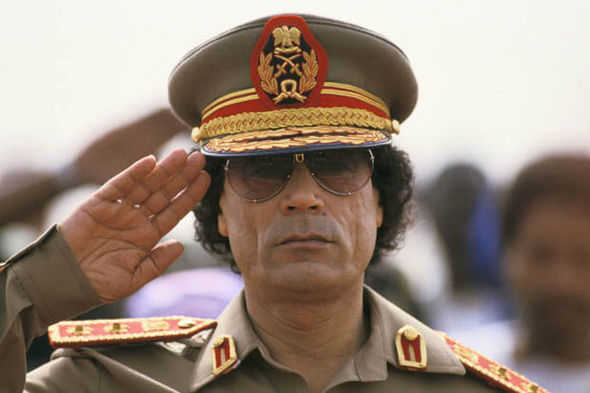
KAMPALA – President Yoweri Museveni has told a visiting Afro-Arab Youth Council delegation that the problems in Libya can be solved through the building of a National Army. He, however, assured them that a lasting solution to the Libyan conflict would be found.
“The African Union is more important than the tribal conflicts prevailing in Libya today. The problems in Libya can be solved through the building of a National Army where they incorporate both the old and new members of the forces. I also propose that they hold elections where all the Libyans will participate fairly,” he said.
The President, who is the Patron of the Afro-Arab Youth Council, made the comments when he received and met the delegation on Monday at State House, Nakasero, who were led by Mr Abdulhadi Elhwig.
The delegation’s main purpose of meeting the President was to consult him ahead of preparations for the 3rd General Assembly of the Afro-Arab Youth Council Summit that is slated to take place in Kampala in August this year.
The 2nd General Assembly of the organization last took place in Kampala in 2008.
The second Libyan civil war is an ongoing conflict among rival groups seeking control of the territory of Libya. The conflict has been mostly between the government of the Council of Deputies that was elected democratically in 2014 and internationally recognized as the “Libyan Government”, also known as the “Tobruk government”; and the rival Islamist government of the General National Congress (GNC), also called the “National Salvation Government”, based in the capital Tripoli.
In December 2015, these two factions agreed in principle to unite as the Government of National Accord. Although the Government of National Accord is now functioning, its authority is still unclear as specific details acceptable to both sides have not yet been agreed upon.
The Tobruk government, strongest in eastern Libya, has the loyalty of Haftar’s Libyan National Army and has been supported by air strikes by Egypt and the UAE. The Islamist government of the GNC, strongest in western Libya, rejected the results of 2014 election and is led by the Muslim Brotherhood, backed by the wider Islamist coalition known as “Libya Dawn” and other militias and aided by Qatar, Sudan, and Turkey.
In addition to these, there are also smaller rival groups: the Islamist Shura Council of Benghazi Revolutionaries, led by Ansar al-Sharia (Libya), which has had the support of the GNC; the Islamic State of Iraq and the Levant’s (ISIL’s) Libyan provinces;[36] as well as Tuareg militias of Ghat, controlling desert areas in the southwest; and local forces in Misrata District, controlling the towns of Bani Walid and Tawergha. The belligerents are coalitions of armed groups that sometimes change sides.
In recent months there have been many political developments. The United Nations brokered a cease-fire in December 2015, and on 31 March 2016 the leaders of a new UN-supported “unity government” arrived in Tripoli.[37] On 5 April, the Islamist government in western Libya announced that it was suspending operations and handing power to the new unity government, officially named the “Government of National Accord”, although it was not yet clear whether the new arrangement would succeed. On 2 July, rival leaders reached an agreement to reunify the eastern and western management of Libya’s National Oil Corporation (NOC).
As of 22 August, the unity government still had not received the approval of Haftar’s supporters in the Tobruk government, and on 11 September the general boosted his political leverage by seizing control of two key oil terminals. Haftar and the NOC then reached an agreement for increasing oil production and exports, and all nine of Libya’s major oil terminals were operating again in January 2017.




